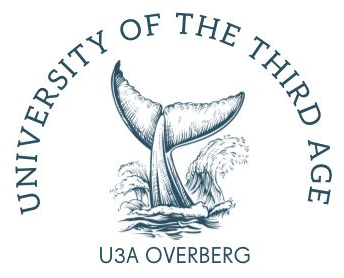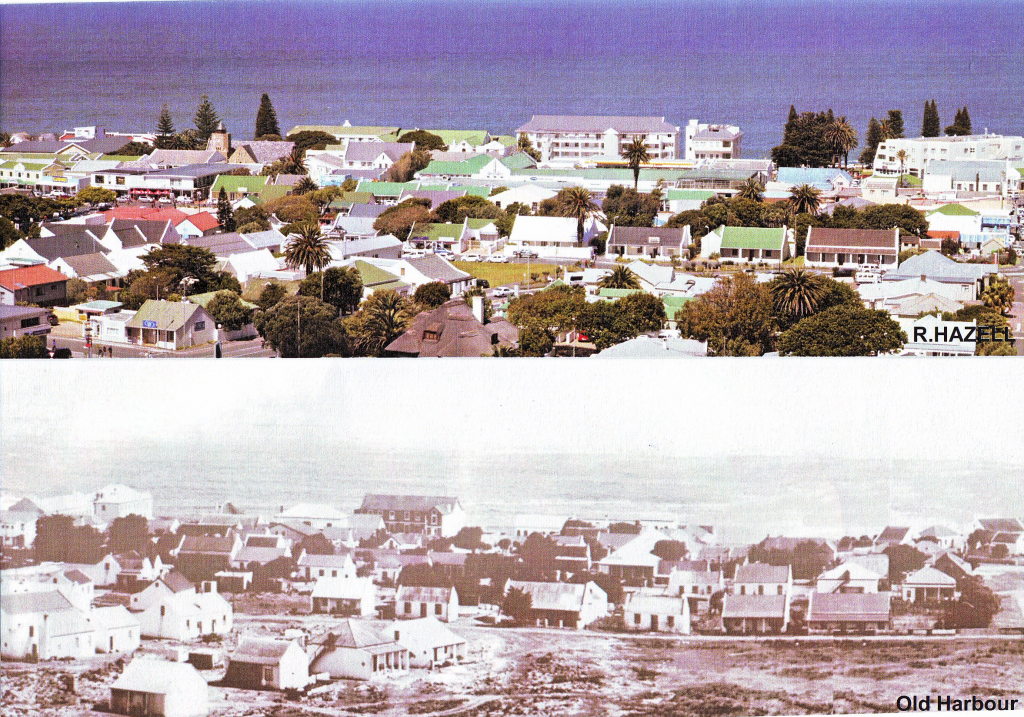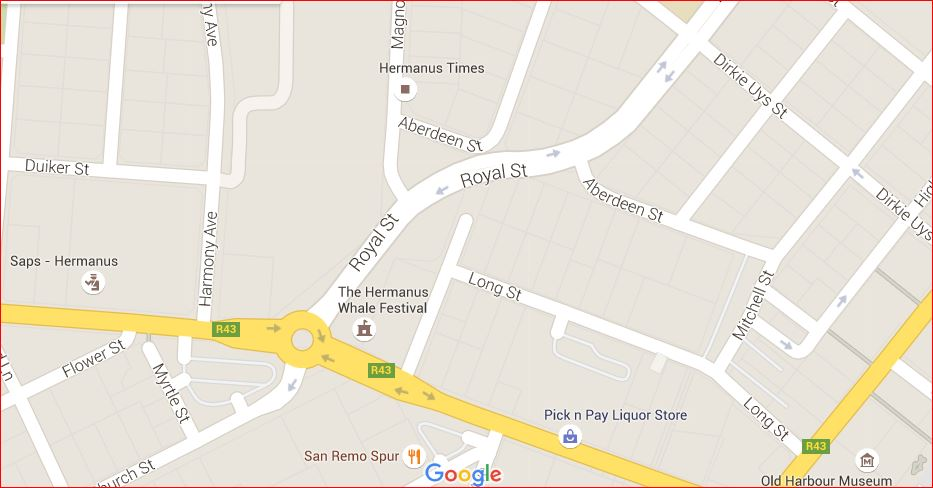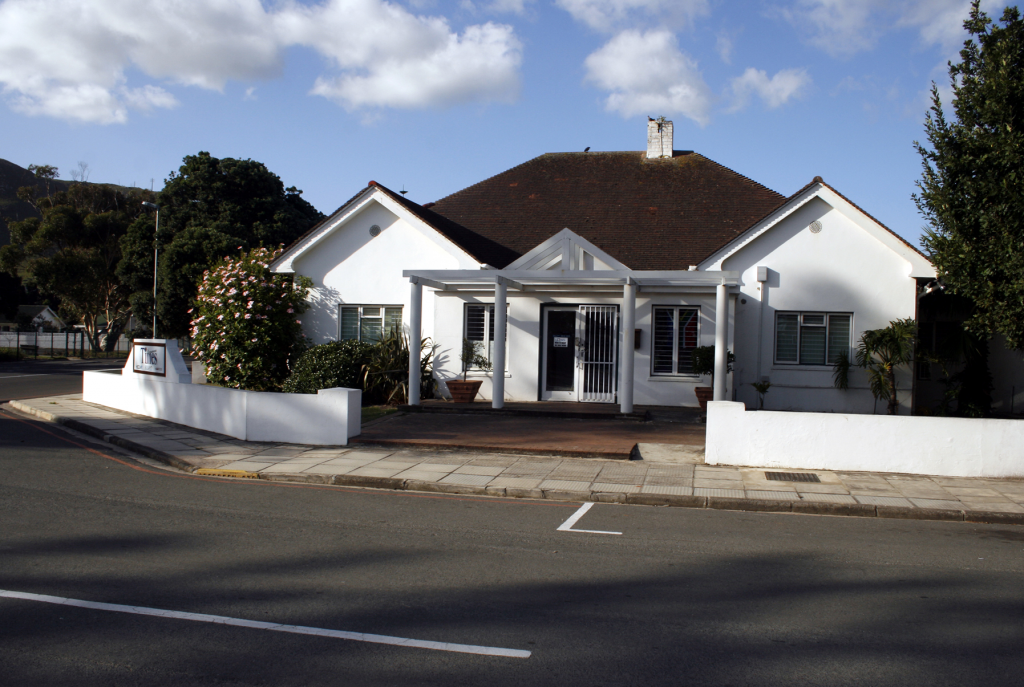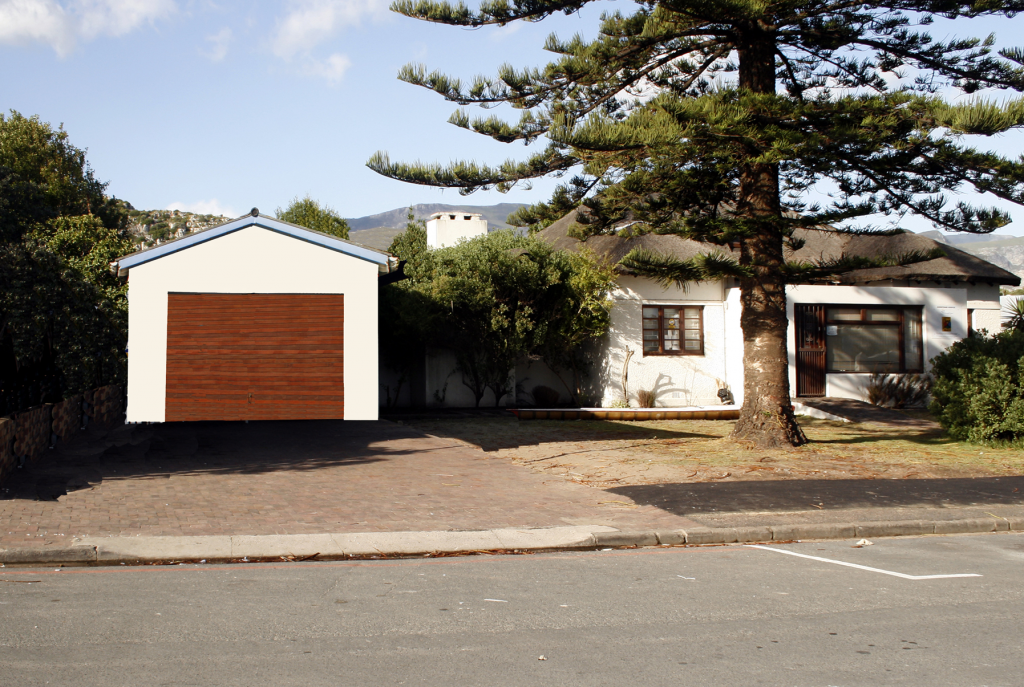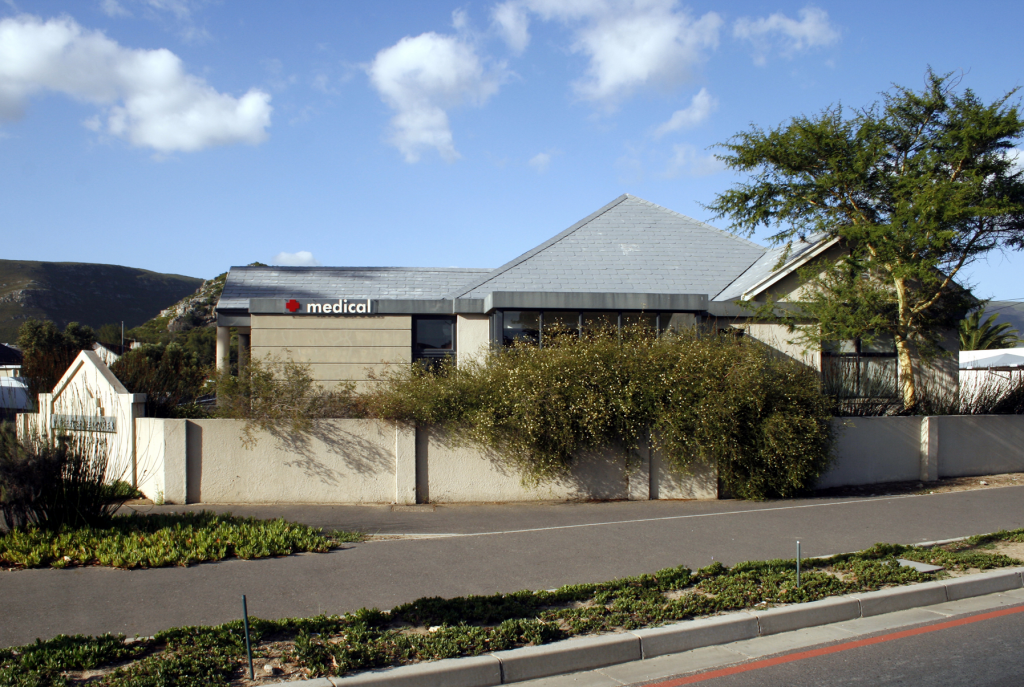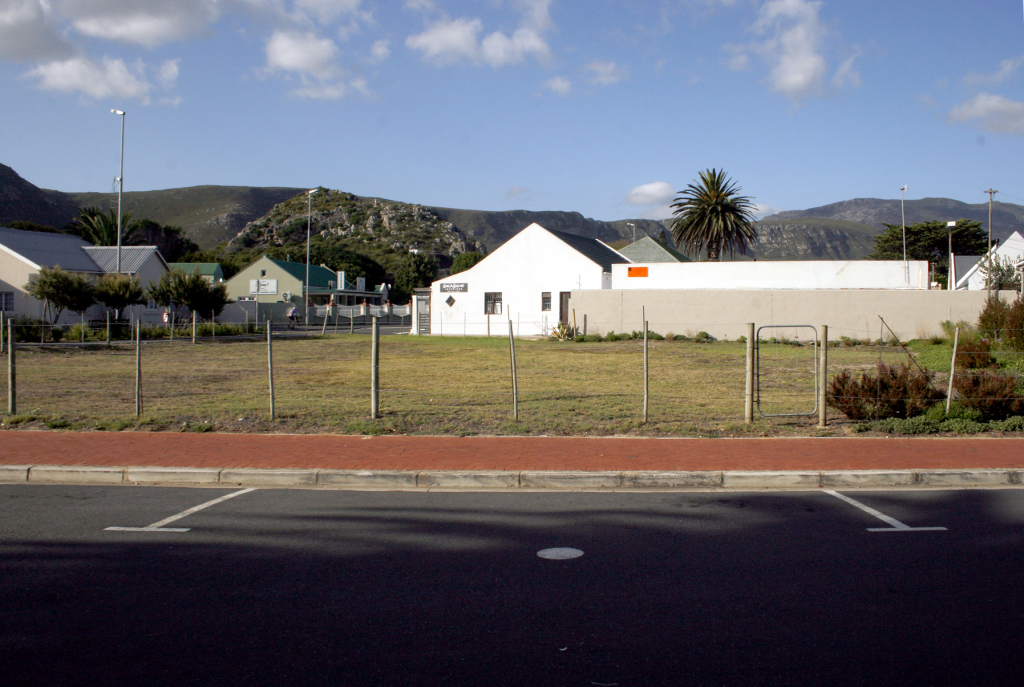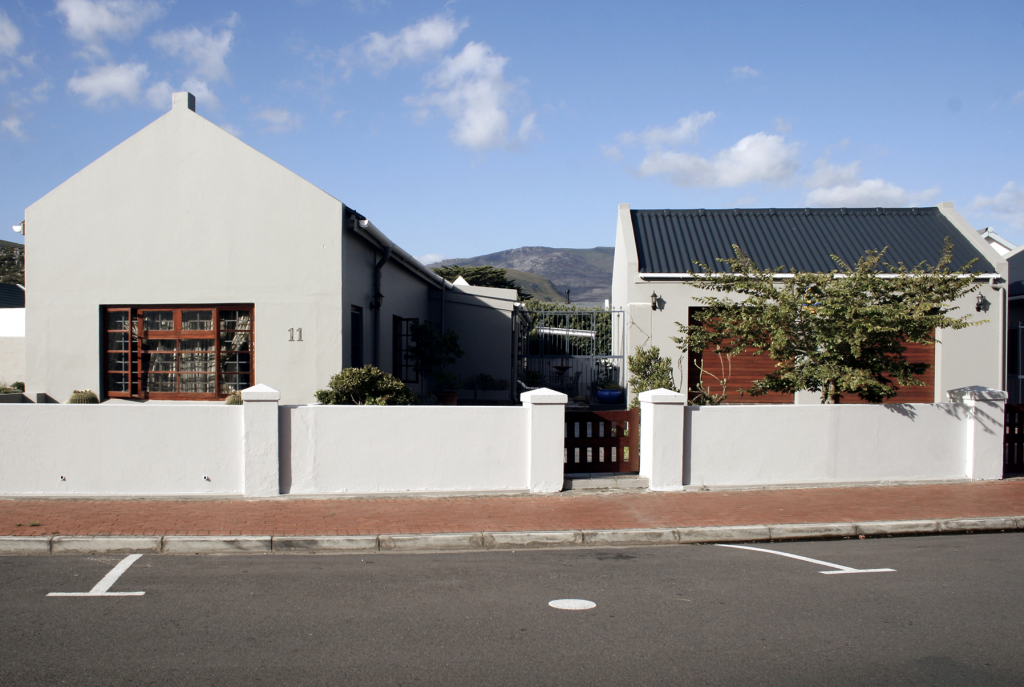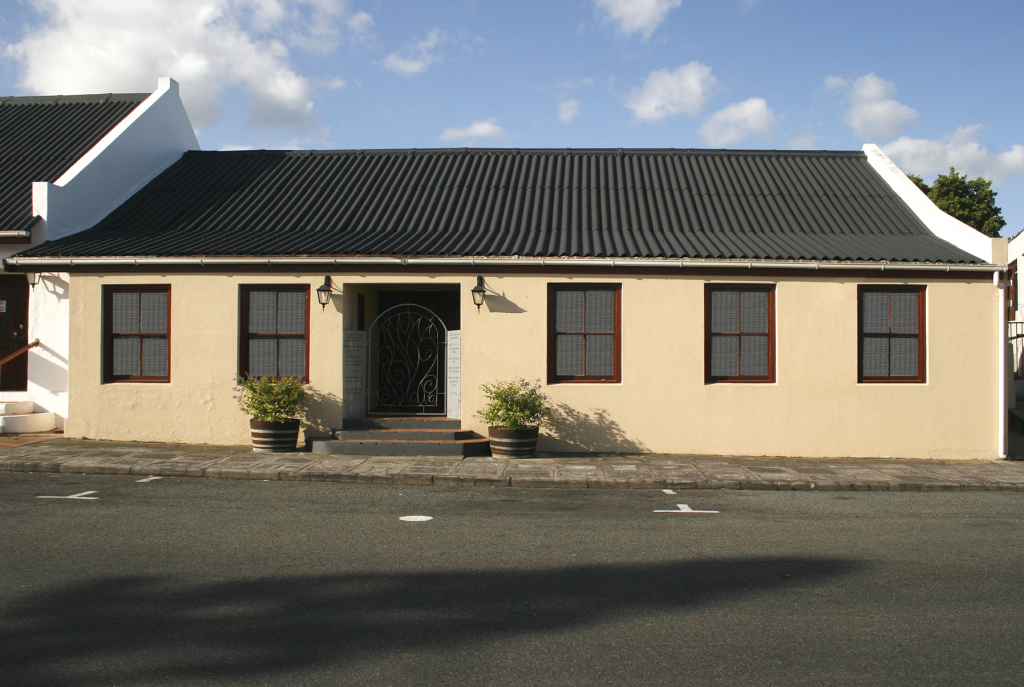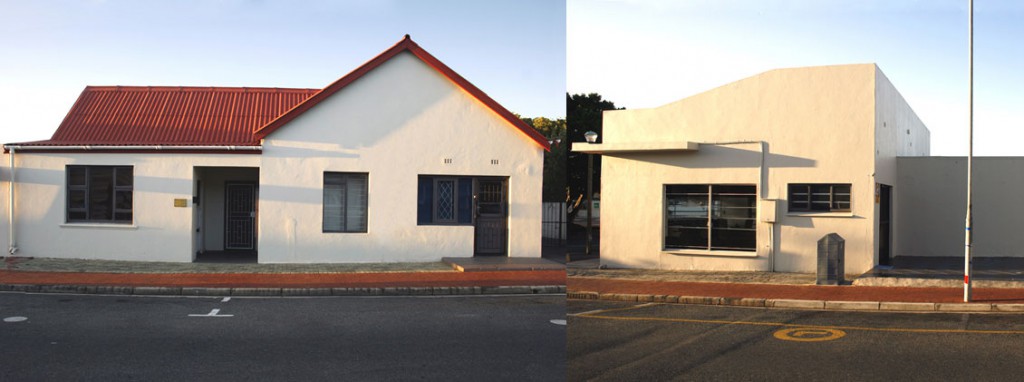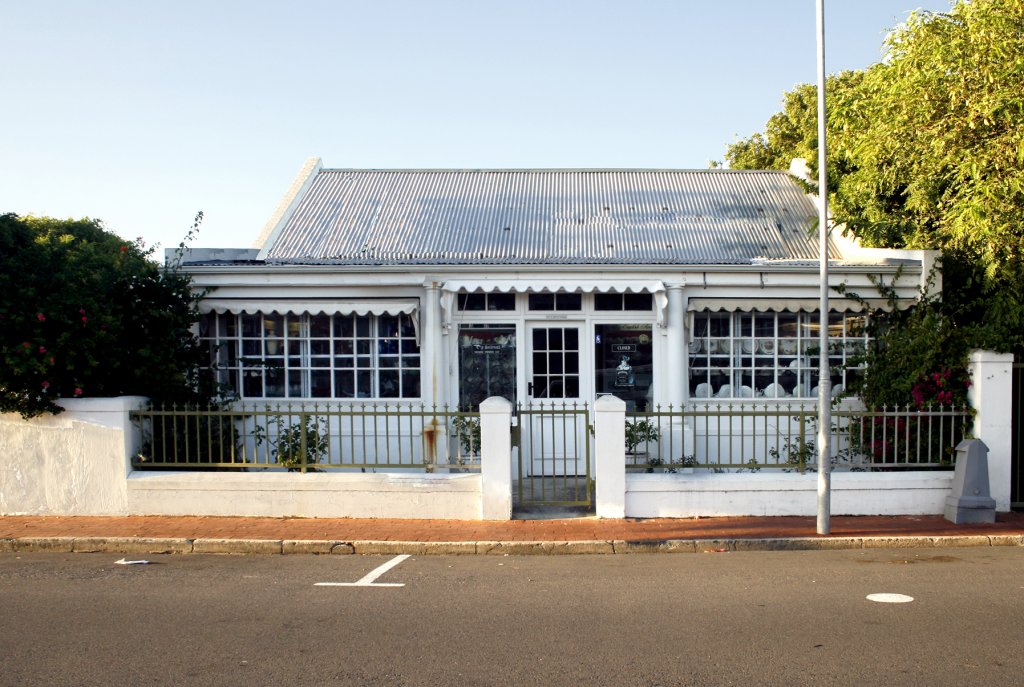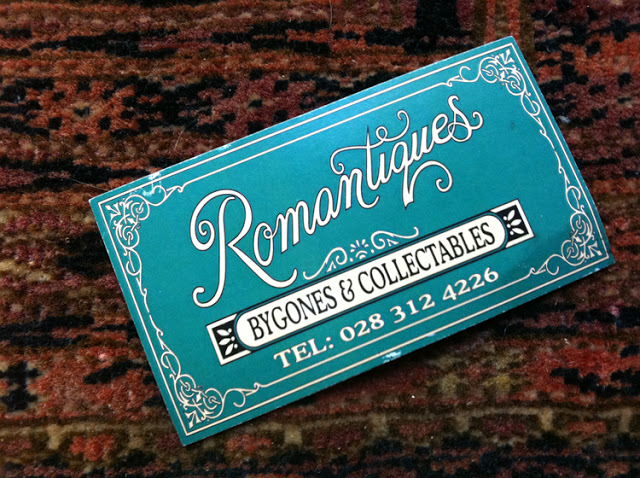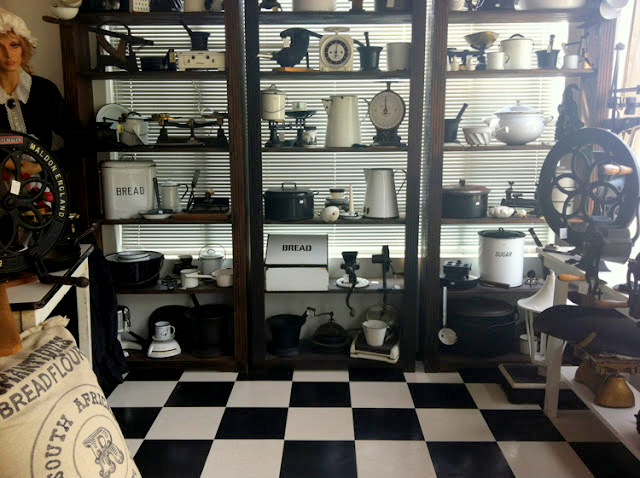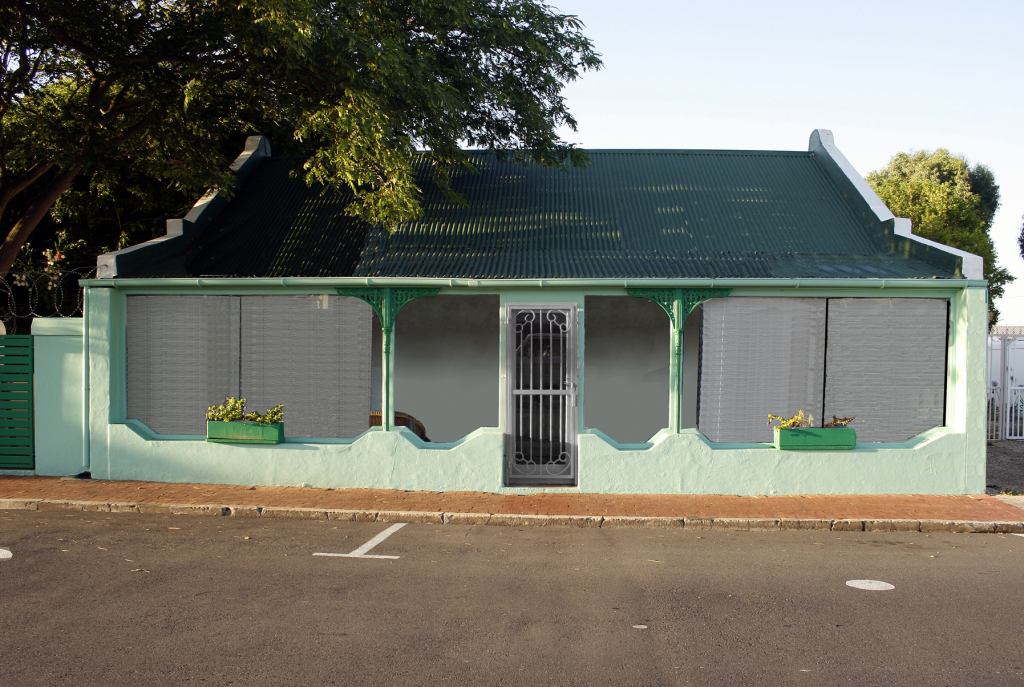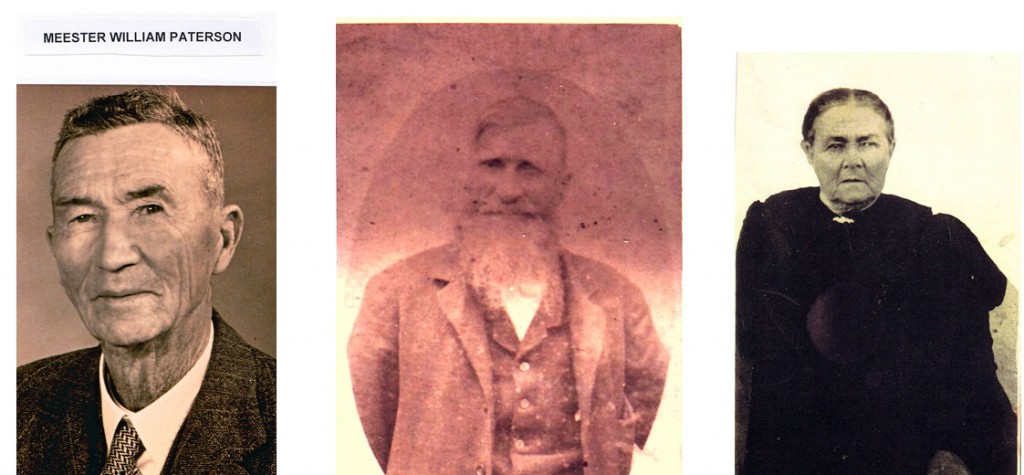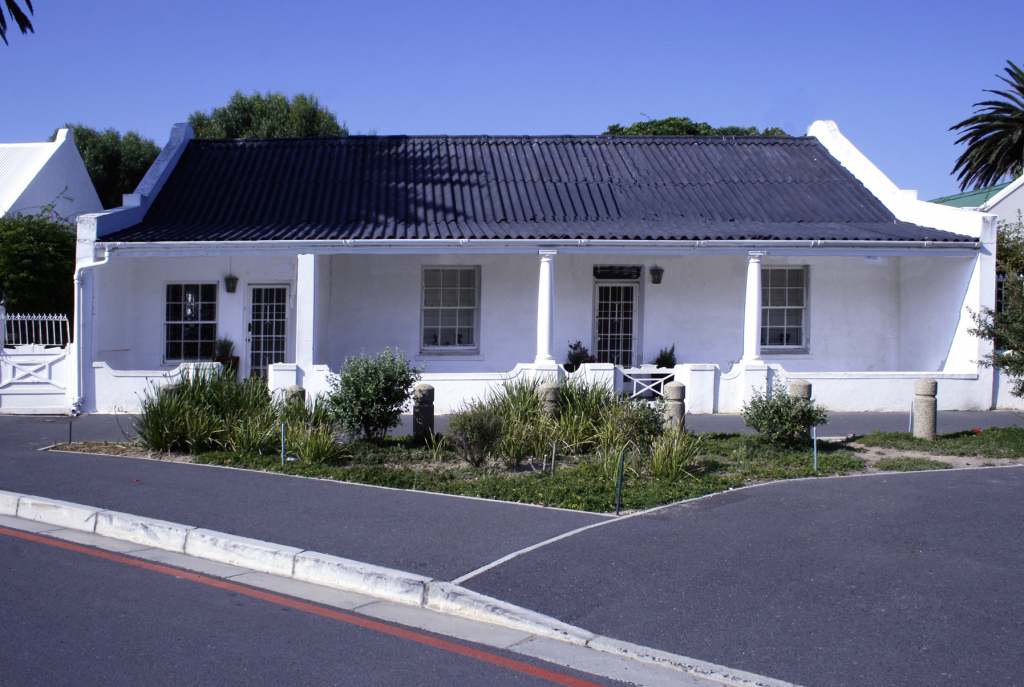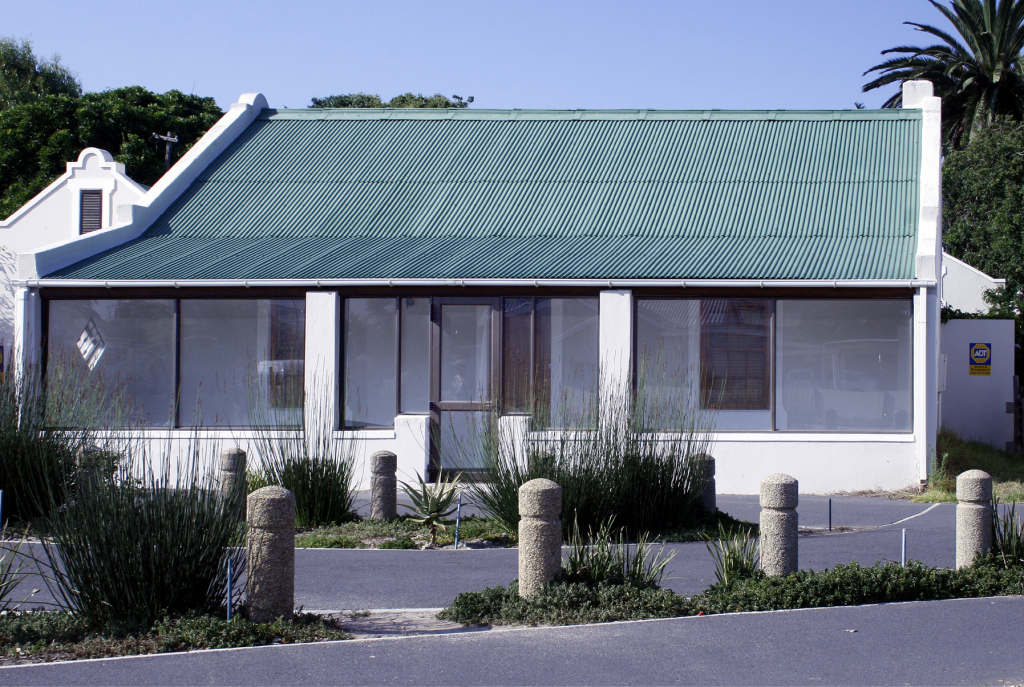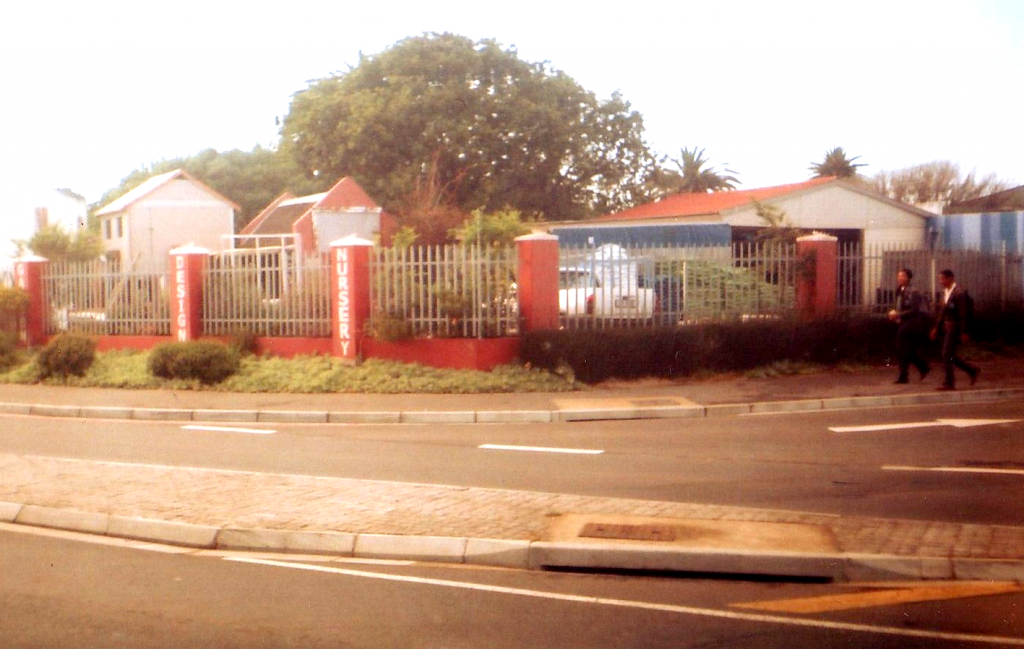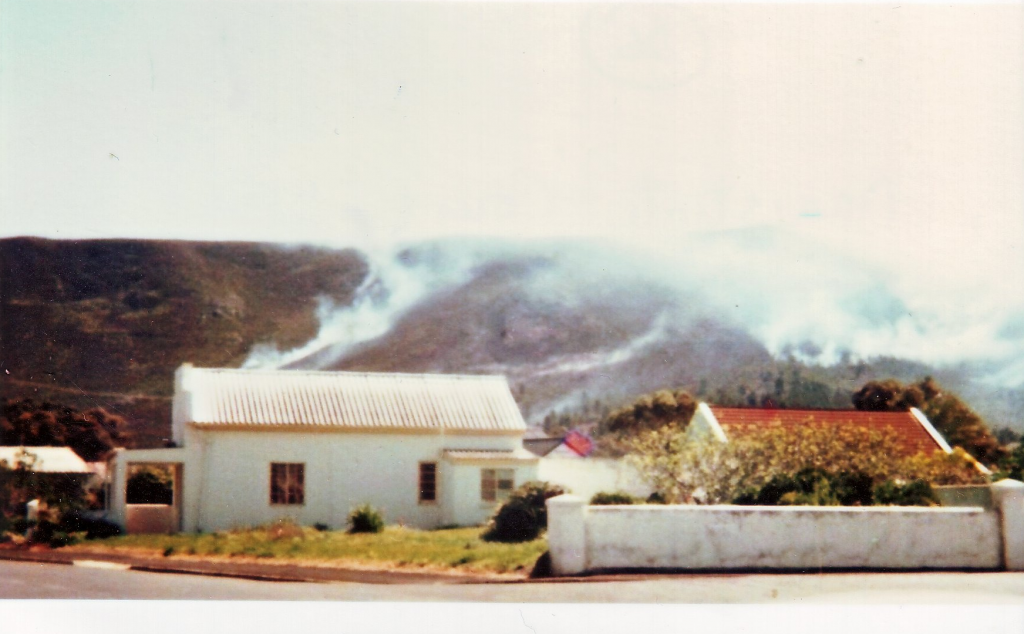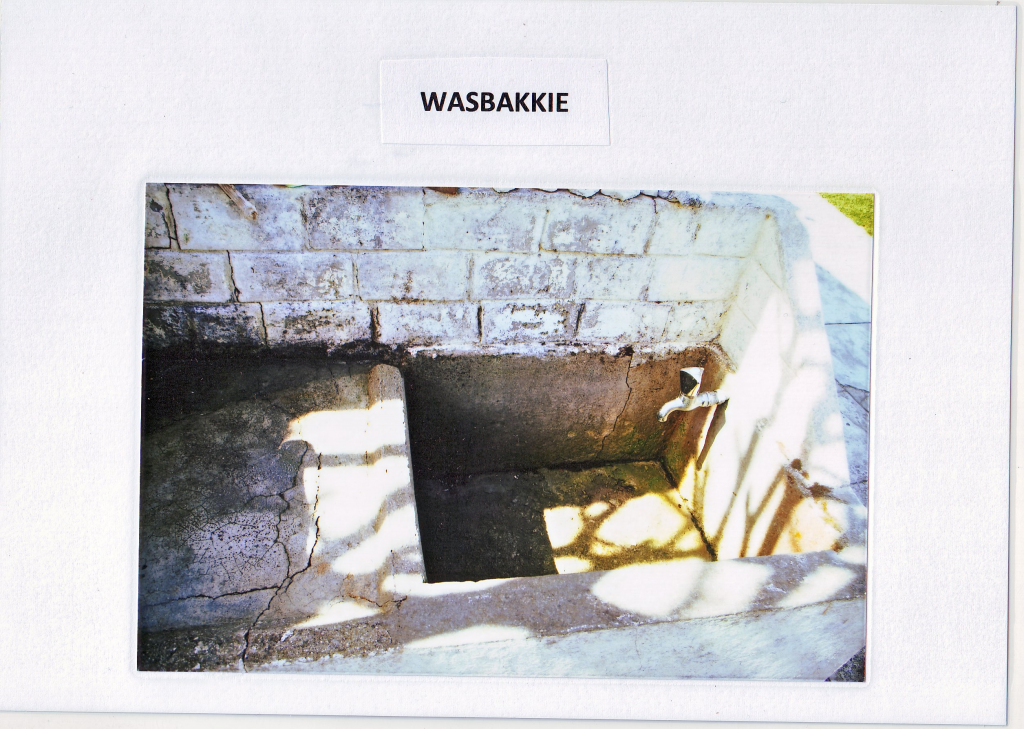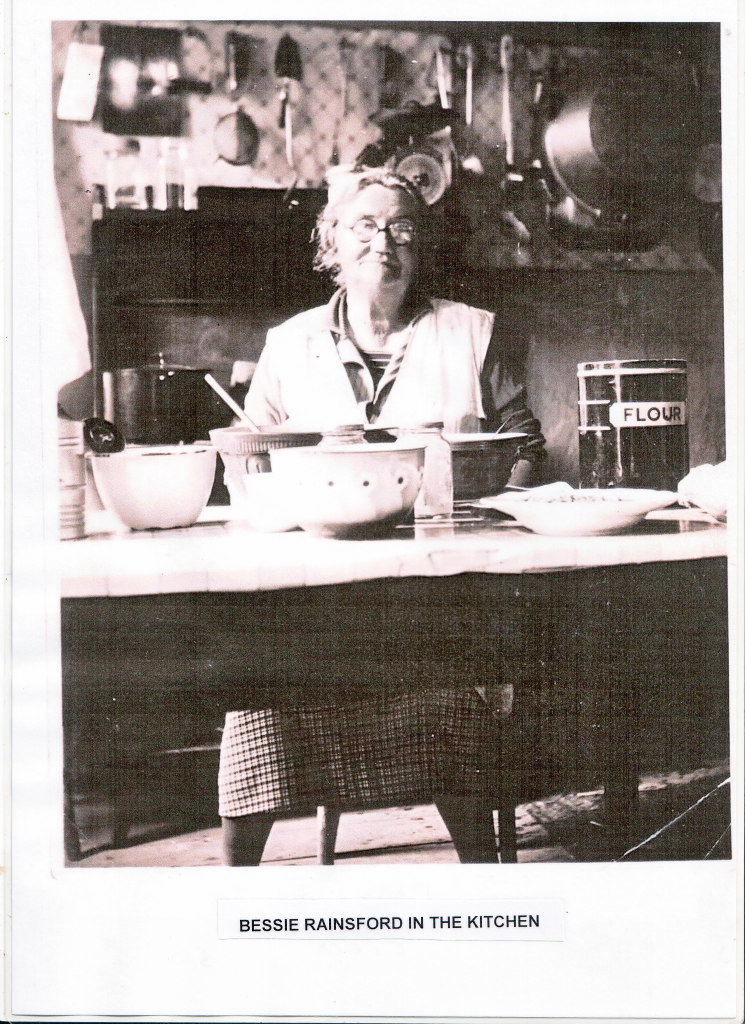INTRODUCTION
WELCOME to the old and interesting Aberdeen Street that has changed considerably over the past 100 years. This street now crosses the main through road. The streetscape hopes to assist you imagine life in the past and perhaps visualise the homes and some of the personalities that lived there.
Mountain to Sea
1 Aberdeen Street – Corner of Magnolia and Aberdeen Street
Once an open plot to play Jukskei. Jukskei is believed to have originated around 1743 in the Cape, South Africa developed by “transport riders” who traveled with ox-drawn wagons. They used the wooden pins of the yokes (Afrikaans: Skei) of the oxen to throw at a stick that was planted into the ground. The game was also played during the Great Trek. It was also played by the farmers from the Boland on beaches. Jukskei became an organized sport around 1939, when the first unions were established and rules were formalized.
This house was built by the Van Brakel family. They had one son Riaan.
The new owner is Naspers, the National Media giant. They are responsible for handling the “Hermanus Times”, originally “The Times of Hermanus”, printed by the owner of the “Caledon Venster”.
NOW: Hermanus Times Offices.
No 3 Corner of Paterson and Aberdeen Street
This house was built in 1940 by Mr Coen Groenewald. The newlyweds Coen and Sophie moved in 1941. Coen was the owner of a garage in the Main Road. They had 2 daughters and 1 son.
Now: Hospice Shop including Garage
Used to be D.L. Attorneys.
N0 5 , Corner of Royal and Aberdeen Street
This house belonged to Hennie Haman. They had 4 daughters and 2 sons – the eldest Henry, who died tragically in a diving incident.
(The Haman family in fact used to lived opposite in No 2, before moving to No 5)
OPEN PLOT 729
This area was a playground, kite flying was popular for local children.
N0 11, Aberdeen Street
The first Magistrate’s Office, the magistrate came monthly by horse cart from Caledon, 3 days earmarked for hearings-police man Jan Blare Joubert who caught offenders used Post Office to lay a complaint, as he was illiterate he took prepared documents to magistrate ( James Warrington’s house)
The original house on Hope Street is a consulting room now.
The open plot, Erf 735, belongs to the same Heyns family.
Now this property is owned by Mrs O De Wet from Gauteng and is used as a holiday home and small business.
No. 13 Aberdeen Street
This building was once a very well known guesthouse named, Aberdeen Guest House. The owner was Mrs Grace Geldenhuys and husband Piet (Muishond). It was home to 6-7 young working people. Those days very few people owned cars, so this house was walking distance to church, work and shops. Grace was known for “Sunday Lunches”, which was open to the public. Take-away lunches were also available during the week. When Grace retired some close relatives took over, but sold it in 1980. A Taylor used to work in part of the house.
Since then several other businesses have been here: De Beers, Sabba, Hermanus Property, Willem Murray and Saambou Bank.
Now: “My Design” and “Pro Com”
No. 15 Corner of Aberdeen and Mitchell Street
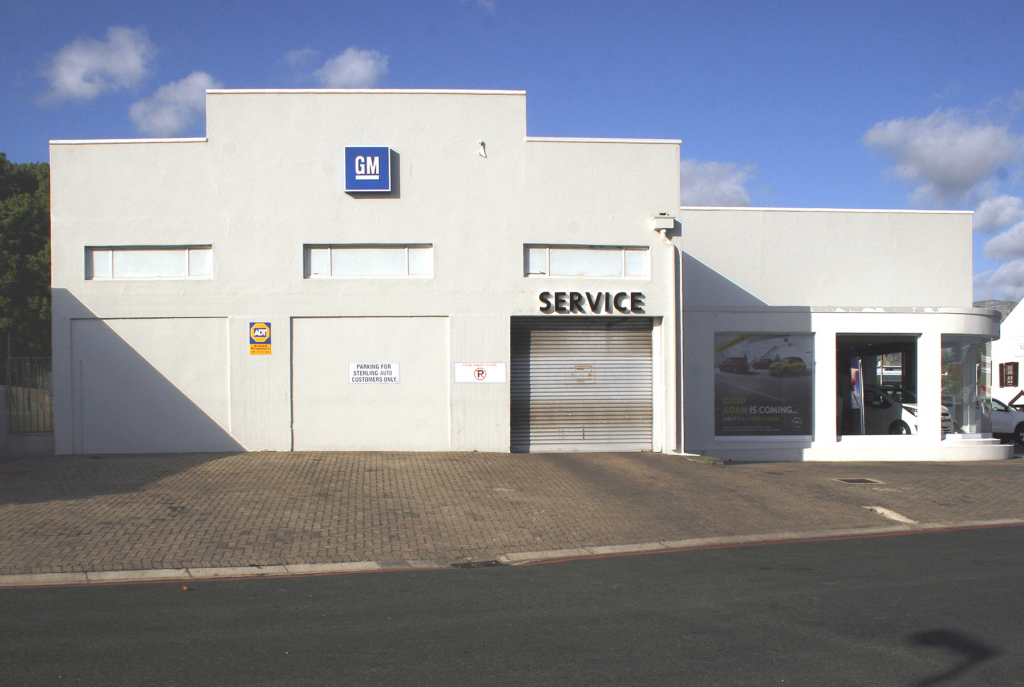
This This garage was built in 1948 by the Gillespie brothers, Cyril George and Victor Gillespie. It was built by Owen Thorpe (senior), out of concrete blocks, at a cost of £4000 Pounds. It was built as a service station. Then “Swartberg Verbruikers” took over.
NOW. Now it is known as “Sterling Auto”, and owned by Mr Gerrie Du Plooy, since 1991.
FROM SEA MOUNTAIN
N0 18 and 20 were consolidated
Eeden Spies family stayed there and owned a butchery. Piet van Zyl (Matras) and his wife, Dorothy, lived here. They had 2 children. Dorothy still lives in Hermanus and stays with her daughter, Zelda, in East Cliff.
Now: a) A2 Z’ Discount Store
- b) El-Al Funeral Service
- c) E. Print
This property was known as “Voster’s Meat Market”, owned by Mr Alwyn and Mrs Elizabeth Vorster. They had 3 daughters. Their house was on the other side of their butchery. Elizabeth and her daughter, Edna-May, stay in Sandbaai.
Now Furniture shop
No. 14 & 16 Aberdeen Street (H)
These 2 plots were consolidated by Mrs Taylor. She added several new buildings to the original house. This was used as a holiday home for her and her children.
These building became: The Cafe
Hubbard’s Cupboard
The Gallery
Now. Romantiques, a famous antique shop and cinema. Old fashioned movies with Clark Gabel, Marilyn Monroe, and Laurel & Hardy etc. are shown, just like in the olden days. It is well worth popping in there. The property is owned by Mrs. C Van Hoogstraten.
No. 12 Aberdeen Street (H)
This was the property of Miss L.F. Gericke who was a school teacher. She had all kinds of fruit trees in her garden. Because she was known as a “Kwaai Tannie”, her garden made “vrugte steel” (Stealing fruit) very tempting! Has been Overberg Art gallery in 2007
Now: Barefoot Cook Restaurant
(The Book Collector has moved in May 2016 – now vacant)
N0. 10 Aberdeen Street (H)
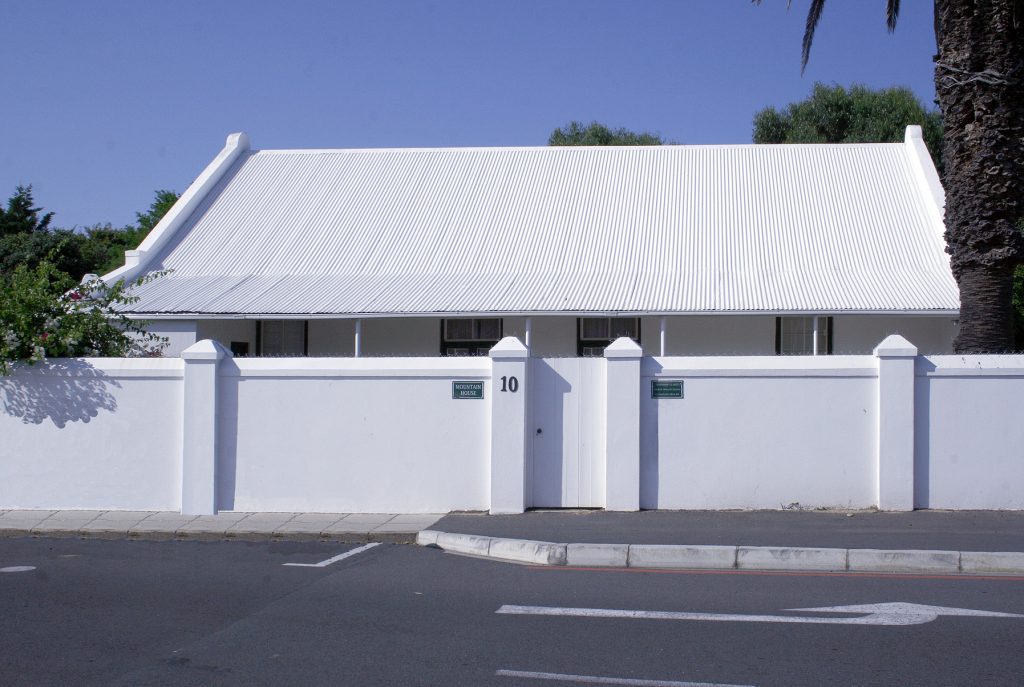
This house was built approximately 100 years ago by William Hugh (Meester) and his wife, Bessie Paterson. They had 6 sons and 5 daughters. Their son, George, was their first child born in this house, 100 years ago. They named the house “Mountain View”. Meester’s granddaughter, Elizabeth, lives in Hermanus.
Meester Paterson
William Hugh (Willie) was a son of one the founders of Hermanus, John Paterson. Meester took charge of the St. Peter’s School in 1895. In 1904 he became the town’s first town clerk. In 1920 he became mayor of Hermanus.
Meester loved the mountains and knew and climbed every peak around Hermanus. He had a vast knowledge of Cape flora. In 1923 he took wild flowers to England which was admired by the English. He had as many as 40 pickers in the mountains. One year he exported 13000 pounds of dried flowers to Germany. In 1960, at the age of 85, he was awarded honorary free manship of Hermanus. He died in 1964.
Now the house belongs to Dr. Anthony Kelly who renamed the house to “Mountain House”.
No 6-8 Aberdeen Street (H)
This house was built in 1941 by Mr R. Paterson for the amount of £500 Pounds.
Later it was the property of Mrs Nel.
Now: owned “Phelan Footwear”
No 4 Aberdeen Street (H)
This was the property of George and Miempie Warrington. They had 6 children. George worked at the municipality. He was responsible for the tennis courts when they were clay courts.
The well known carpenter, Dan Woensdregt, with his wife, Julia, stayed in this house for many years. They had 2 children. Dan was the only son of Mike and Dienie Woensdregt.
Recently this house was occupied by “The Voorskoten Cafe” and “African Bear Company”.
NOW awaiting new occupants
No: 2a Aberdeen Street (H)
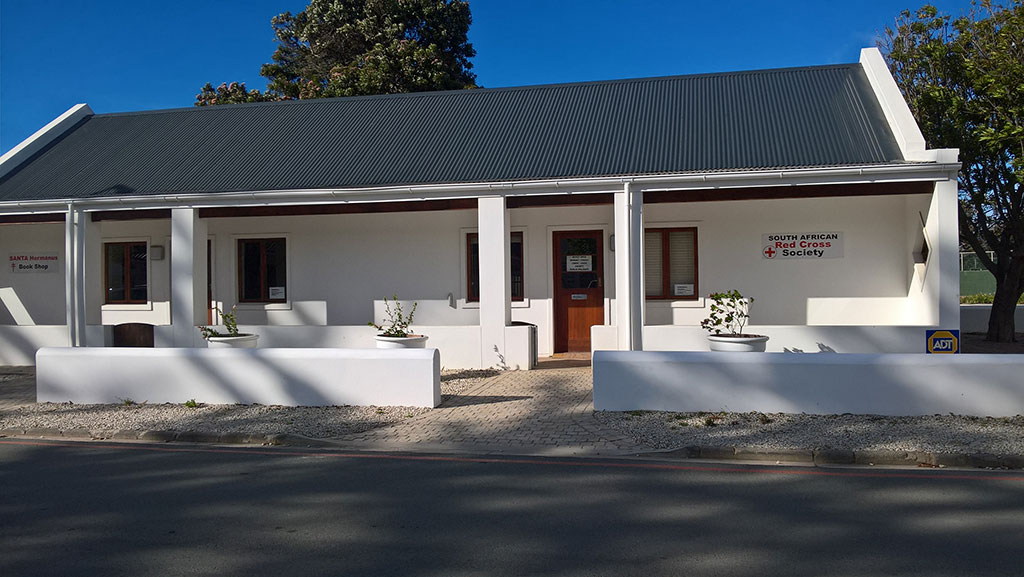
Renovations were done to this house in 1958, by the owner Jack Funston. He added a bathroom at the cost of £100 Pounds, but the lavatory remained outside (plan available).Japie du Toit bought this property in the 1960’s. Japie and Johanna had 4 children.
NOW Their daughter, Elizabeth du Toit, who is curator at the Old Harbour Museum, owns this house and stays here now. A private home
No 2 Aberdeen Street
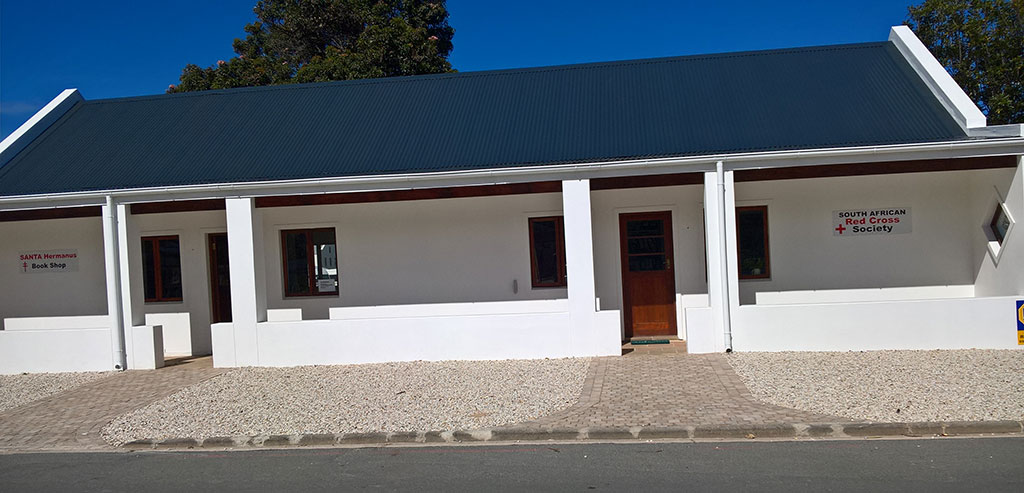 Cross the main through road and pause at open triangular piece of land with some old trees, until recently used as a car park. Now a recently built Cape vernacular house to accommodate:
Cross the main through road and pause at open triangular piece of land with some old trees, until recently used as a car park. Now a recently built Cape vernacular house to accommodate:
SANTA (South African National Tuberculosis Association) and Hermanus Red Cross Society, 2 non-profit organisations.
Corner of Aberdeen Street
Life in the 1850- 1950
as reported by local people who lived in Hermanus
People’s creation of space provides them with roots – their homes and localities becoming biographies of that creation (Heidegger 1971)
Aberdeen Street- was residential now you mostly shops. 14 homes1 boarding house 1 garage
Mobility Few vehicles, people walked everywhere.
Buildings –materials clay and boulders/stones, paints made from crushed lime kiln treated shells
Plots cost £5 here, £7.one road up from sea, £10 on the sea
Homes washing, sent out or used wasklip/wash stone and sink in garden/ photo/ zinc bath
Population 1950’s 4000 usual, 10000 in holidays.1400 houses in Hermanus
Street lighting-generators off Nerina St, electricity in houses, many had wood stoves as coal very expensive, not readily available, transport a problem Fire wood collected from Port Jackson stumps
Sanitation– bucket toilet, buckets collected by nagwa chamber pots under bed Outside bucket toilets in use, buckets collected by “Nagwa lorries from people’s homes. A bell was rung so people knew that the lorry had arrived. Chamber pots under bed and also emptied into outside bucket toilet.
Food– no fridges (Charcoal box) food to the door for e.g apples individually wrapped for sale and wood, markets. No prepack. No plastic.
Milk collected in a jug or bottle
Chickens, goats and odd cows were managed in back garden
Fishing essential for feeding families
Employment– People often had a number of jobs. Employment in hospitality, shops,garages,fishing,light industry- for example building, carpentery.
Health– Chemist made up medicines, midwife delivered babies. . People were often advised to visit Hermanus for health reasons as it was described as having Champagne air. The Windsor Hotel was once a sanatorium.circa1890
Schooling:– St Peters, Klip school. 1941 –high school 1945 – 1 matriculant
English grammar taught in verse Went to school bare foot- boots worn on Sundays
Shoes handed down. Playing truant- collected from the rocks
Leisure : -home made kites,fishing rod to extend kite, tyres for bouncing on, cricket,dancing.Picnics/holidays taken in Schulphoek, Maanskyn Baai Campsite between Hermanus Clinic and police station sites. Cinema 1930’s. Swallow Neethling Park.
Entertainment– Tikkie shop, ( buy items for a tikkie, 5c , like the R5 shops today),silent films, tea room, some drive –in cafes
1949 first overseas rugby-sportsfield on present municipality site. Jukskei played on Hermanus Times Office site. Fishing. Drop in café/ Coca cola factory .
Mothers often took their children to Swallow Park, circa 1950, the first public park near the sea as it had a beautiful garden and fence
Shops were very few-retail and general store and chemist, bakeries
Shops very few-retail and general store and chemist, bakeries
Black people– very few but known and employed
Native areas urban act 1958 , control of natives into area- if no employment after 14 days had to return to EC unless born in this area
Churches:St Peters 1868 /3 yrs , Dutch Reformed Church1878, no synagogue until 1930
Acknowledgements- Esje du Toit, Corrie Smit, Dinkie Marais, Angela Heslop, Christa Clarke
